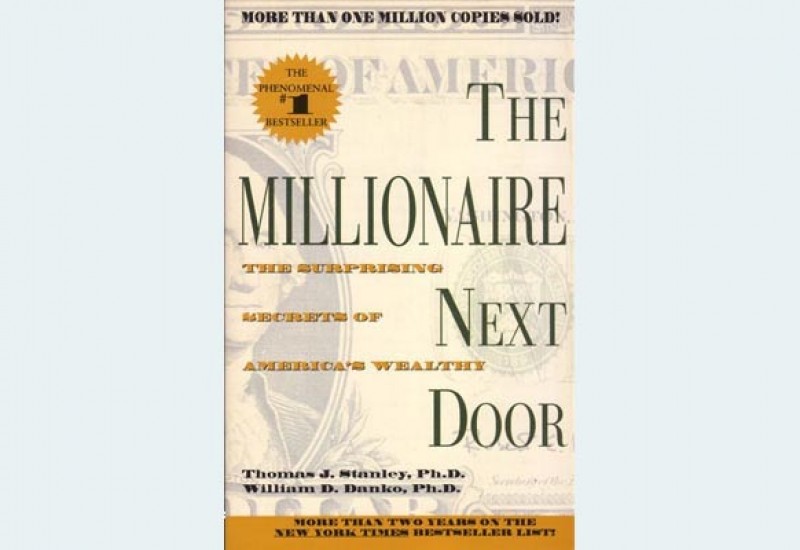
The Millionaire Next Door
I see references to and reviews of The Millionaire Next Door all the time on the various personal finance blogs I frequent. The reviews are almost invariably glowing and many people swear by the book. That’s fine. I read the book and liked it very much. However, I have a serious problem with one aspect of the book, namely that the authors completely ignore survivorship bias.
Survivorship bias is excluding failures from consideration. It comes up when mutual fund families trumpet how great their funds are. What they don’t tell you when they say their funds average 25% return per year is that they’ve folded or merged 8 out of 10 funds they started. The same thing happens in this book. The authors, Thomas J. Stanley and William D. Danko, go on and on about how many millionaires are entrepreneurs of often mundane businesses. They also tell of hidden millionaires that got rich saving hard and investing wisely.
Here’s the bias, though. They exclude from consideration all the people who start businesses, mundane or exotic, who failed. They exclude all the people who invested poorly. The thesis of the book is to live below your means, invest your money, preferably start a business, and you’re likely to become a millionaire, too. It’s not that simple. You have to consider all the possible outcomes when you take an action. By excluding the possibility (or in the case of starting a business, the likelihood) of failure, Stanley and Danko seem to paint a rosier picture than I believe is warranted.
Like I said, I liked the book. It’s a good read. I recommend it. You just have to keep in mind that there are other possible outcomes.
I’m not sure survivorship bias applies to TMND. I don’t believe they argue that starting a business is a free ride to milloinaire-land. In fact, though it’s been several (maybe 10?) years since I’ve read TMND, I seem to recall they mentioned that many of the people they surveyed had failed several times before becoming successful.
Rather I think they remarked on how a large percentage of the millionaires they surveyed were business owners. Allow me to make up some numbers here (again, since I haven’t read the book in eons).. If your goal is to become a millionaire, and 100% of the millionaires they could find were business owners, then owning a business is probably the best way to become a millionaire.
If 75% of the millionaires they could find were business owners, and only 5% of the general population are business owners, then again, in aggregate, owning a business is probably a pretty reasonable way to become a millionaire.
That’s not to say I don’t think there are flaws in their methodology. I don’t recall if they addressed this concern, but I think their survey has self-selection bias. I.e. perhaps those who would choose to participate in a forum on millionaires happen to be business owners. I’m also not convinced that the millionaires they discuss really *are* millionaires. How do you value a business? I don’t recall if these ‘millionaires’ actually had millions in the bank.
For example, personally, I don’t consider someone with a $300K mortgage and $100K in other debts, but whose southern california house has allegedly appreciated from $500K to $1.5M, to be a millionaire.
-
 07/25/2024 4
07/25/2024 4 -
 07/23/2024 8
07/23/2024 8 -
 05/31/2024 100
05/31/2024 100 -
 09/05/2022 627
09/05/2022 627 -
 09/05/2022 665
09/05/2022 665 -
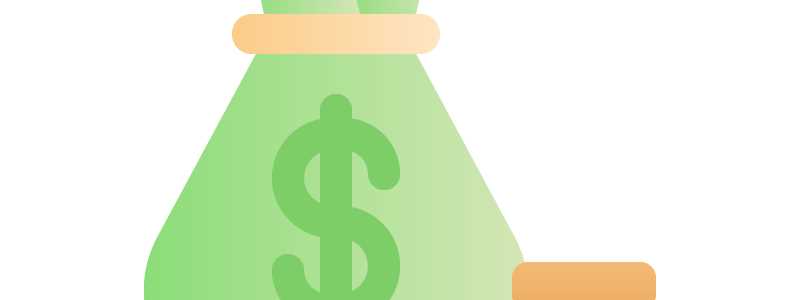 09/05/2022 787
09/05/2022 787 -
 09/05/2022 654
09/05/2022 654 -
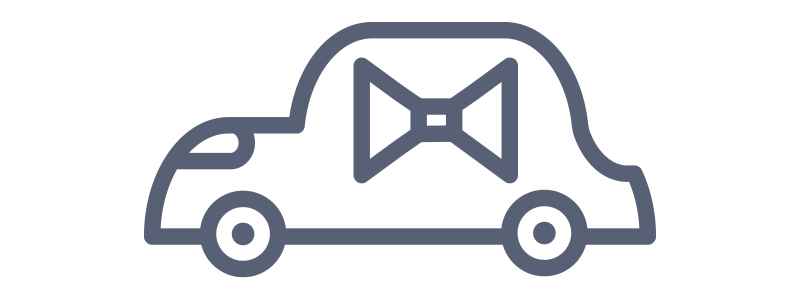 09/05/2022 634
09/05/2022 634
-
 12/09/2016 5719
12/09/2016 5719 -
 03/22/2018 2867
03/22/2018 2867 -
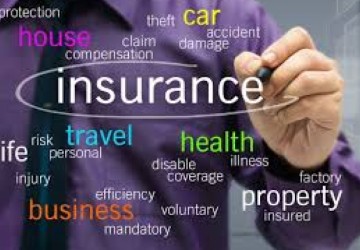 10/10/2016 2851
10/10/2016 2851 -
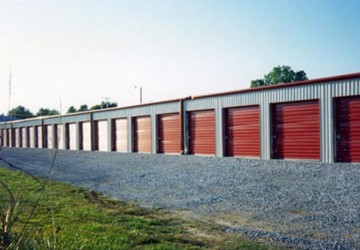 01/09/2017 2765
01/09/2017 2765 -
 01/13/2017 2380
01/13/2017 2380 -
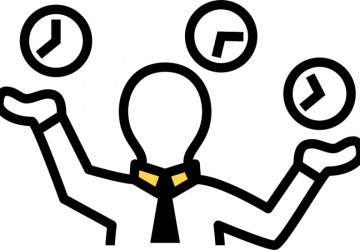 01/13/2017 2378
01/13/2017 2378 -
 01/14/2017 2211
01/14/2017 2211 -
 11/01/2016 2177
11/01/2016 2177
FEATURED NEWS

Personal Finance

Personal Finance

Managed Funds

Insurance
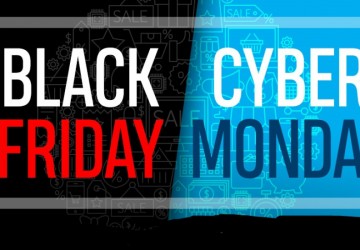
Business






LEAVE A COMMENT